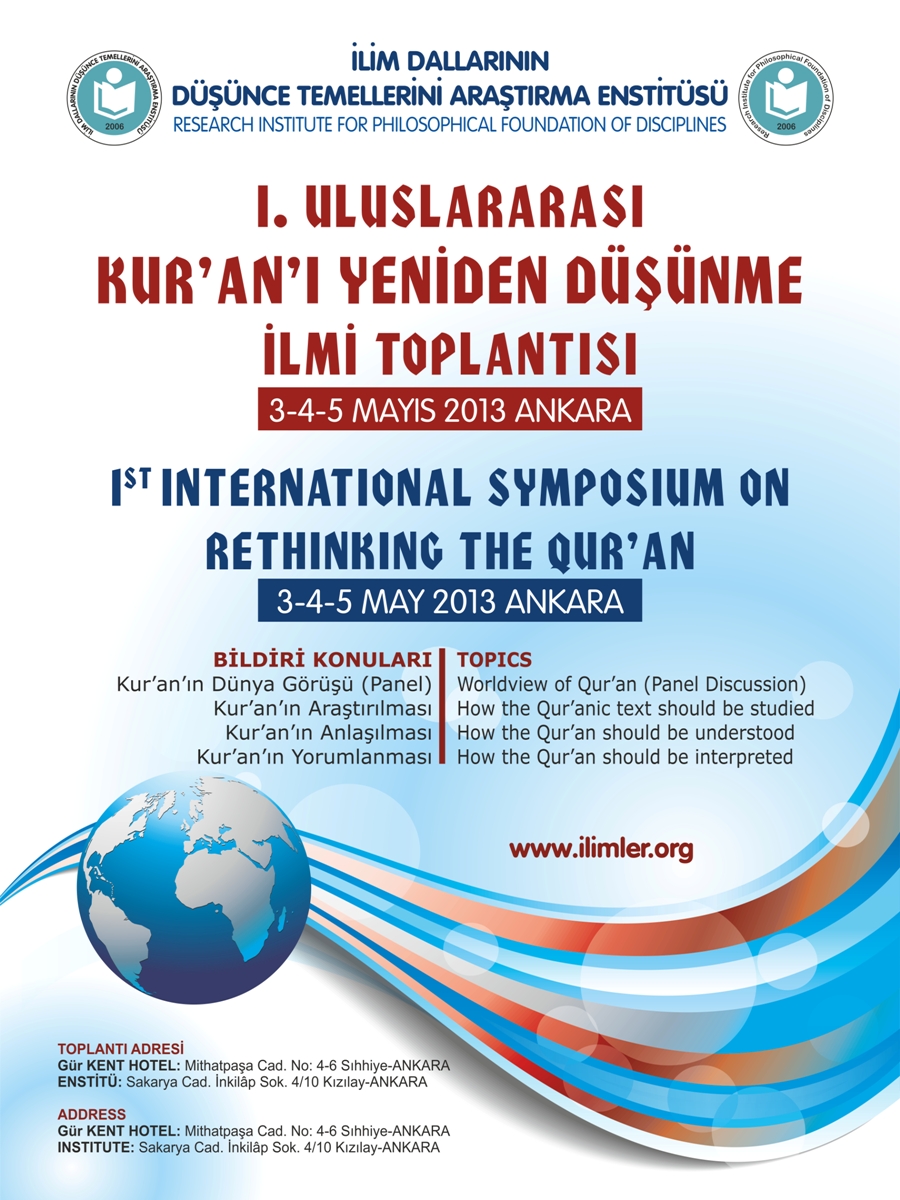Recently released – Le Coran: Nouvelles Approches
By Gabriel Reynolds
On November 28th, French publisher CNRS Editions released Le Coran: Nouvelles Approches, the fruit of a colloquium of leading francophone scholars of the Qur’an that took place at l’Institut d’études de l’Islam et des sociétés du monde musulman (Paris, 2009).
The work presents thirteen studies divided into three sections: L’histoire du texte (“history of the text”), Le contexte d’émergence (“the context of the Qurʾan’s origins”), and L’analyse littéraire (“literary analysis”). In a detailed introduction, Mehdi Azaiez—editor of the work, along with Sabrina Mervin—presents an insightful analysis of the complicated state of Qur’anic studies, along with an overview of the work’s articles. [See below for the full Table of Contents listing]. 
Le Coran: Nouvelles Approches includes articles from leading francophone scholars—along with a contribution by Angelika Neuwirth on the Qurʾan and Late Antiquity, translated into French—on topics of significant interest at the current moment in Qurʾanic Studies. It will thus serve readers as a guide to the most important work of contemporary French language research in the field. Le Coran: Nouvelles Approches is dedicated to the memory of Mohammed Arkoun, and fittingly so. The conference on which it is based took place at the institute which Prof. Arkoun founded, and the level of the scholarship in Le Coran: Nouvelles Approches does justice to his memory.
Table of Contents
Introduction, Mehdi Azaiez
Première Partie : l’Histoire du texte
1. Contrôler l’écriture. Sur quelques caractéristiques de manuscrits coraniques omeyyades
François Déroche
2. Le Coran silencieux et le Coran parlant. Problématique des sources scripturaires dans le shi’isme ancien
Mohammad Ali Amir-Moezzi
3. Le Coran des pierres : statistiques et premières analyses
Frédéric Imbert
Deuxième partie : le contexte d’émergence
4. Le Coran – Un texte de l’Antiquité tardive
Angelika Neuwirth
5. Le Coran avant le Coran : la piste syriaque. Nazaréens et Nazaréisme dans le Coran et chez les anciens exégètes
Claude Gilliot
6. La possibilité du Coran
Jacqueline Chabbi
7. L’abrogation selon le Coran à la lumière des Homélies pseudo clémentines
Geneviève Gobillot
Troisième partie : l’analyse littéraire
8. Le Coran : l’écrit, le lu, le récité.
Pierre Larcher
9. Le contre-discours coranique : premières approches d’un corpus
Mehdi Azaiez
10. Métatextualité et autoréférence dans le texte coranique
Anne-Sylvie Boisliveau
11. La question de l’abrogation dans son contexte rhétorique. (Une analyse des versets 2, 87-121)
Michel Cuypers
© International Qur’anic Studies Association, 2013. All rights reserved.

